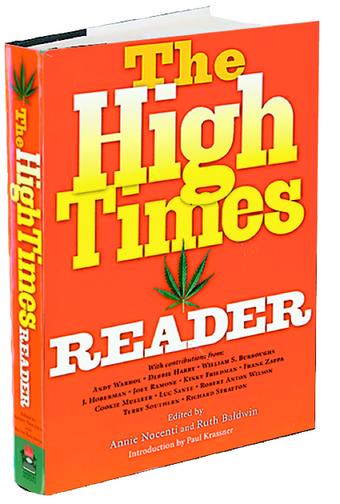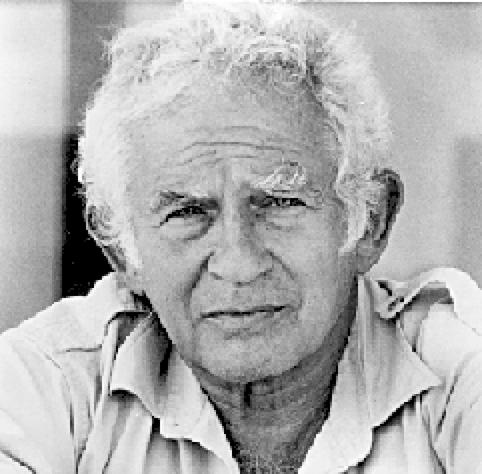I'm just guessing here, but the millions of folks in American society engaging in this subtle activity each day must do so with the shared perspective of Richard Stratton, publisher and editor in chief of High Times magazine, who believes: “As Americans, we have the moral imperative to break the laws that are wrong.”
Then there is the perspective of the Office of National Drug Control Policy, headquarters for our nation's War on Drugs, which issued a press release that reached my e-mail inbox on Dec. 7, coincidentally the same day Ms. Baca, the 53-year-old Public Regulation Commissioner, was busted for allegedly carrying her personal stash at the Albuquerque Sunport. On that day, while E. Shirley grabbed the headlines, the Drug Czar's office announced a new multi-million dollar media campaign targeting African American parents, stating: “According to research, marijuana is addictive and more kids enter treatment for marijuana than for all other illicit drugs combined. In fact, marijuana is the primary drug being used by 72 percent of all African American youth admitted for drug treatment.”
So it seems marijuana's place in our society is, if nothing else, all a matter of perspective, with or without the obligatory government tracking study. After all, it was President Richard Nixon who launched the War on Drugs and just two years later stood before the media at a press conference staged at Disney World to proclaim, “I am not a crook.”
Well, if there is one thing this newly published volume of The High Times Reader has to offer, it's a range of perspectives on the tumultuous history of pot in America over the past 30 years. The book features a series of vignettes covering the magazine's historical connection to more than just cannabis, however. Think of it as a sweeping chronicle of American culture that even the most ardent DEA official might find illuminating.
Hilarious and brilliant interviews with the likes of Keith Richards, Bob Marley and Hunter S. Thompson aside, The High Times Reader manifests the intellect and ethics of a unique magazine that has served as a clarion call to anyone who wonders if billions of dollars and millions of arrests of American citizens has been something other than the persecution of our entire society, funded by taxpayers and enacted by an authoritarian state.
The book begins with a statement from the late founder and publisher Thomas King Forcade, published in November 1976, entitled “Dope Panic.” Forcade laments that the result of government interdiction, including burning domestic marijuana fields, coastline blockades and the devaluation of the U.S. dollar, has led to one inevitable, disastrous result: a rise in the cost of weed. Demand, it seems, had been unaffected. So Forcade established the Trans-High Corporation (THC—High Times' parent company, set up as a nonprofit trust fund) for likeminded Americans who want to “hold on to our personal identities, to our editorial independence, to our corporate independence, to reality, to our rapport and unique communication with our readers, to our sanity.” In its first year, circulation reached 420,000 without a national distributor, and the rest, as they say, is history.
What you get from this compilation, though, is not the collective rantings of drug culture enthusiasts, but a range of historical perspectives that leave you scratching your head at the very real prospect that all the hope for an end to cultural ignorance was the biggest lie ever told in the '60s.
Still, beyond the War on Drugs, The High Times Reader takes on modern politics in an unfiltered form that, compared to today's cable news talk shows, might strike the average citizen as rational. You get reprinted editorials from Frank Zappa, Joey Ramone, Kinky Friedman and Debbie “Blondie” Harry and interviews with Keith, Bob and John Lydon (aka Johnny Rotten) that will leave you laughing out loud.
In between, Barry Miles writes the “untold, real, true, inside story” of the Beatles' Sgt. Pepper's Lonely Hearts Club Band. Miles, an editor for International Times in 1966, was given full access to the recording sessions by Paul McCartney, but didn't publish his essay in High Times until 1979. Let's just say the boys from Liverpool were well into the throws of their acid phase at the time. Miles' installment alone makes the book a must read.
Interestingly, The High Times Reader ends with a reflective and somber interview with Norman Mailer reprinted from the November/December 2004 issue that brings the whole cultural and political issue of pot in America into modern terms. It's a palpable lament on corporate America's paranoia that it will lose control someday of the American consciousness. “Pot is still a great danger to them,” concludes Mailer. “Because what they fear is too many people would no longer give a damn about the corporation—they'd have their minds on other things than working for the Big Empty. To the suits, that makes pot a deadly drug.”
Mailer's epitaph is a far cry from an interview with Bob Marley in 1976 that opens the book. When asked if pot will ever be legalized, Marley says, “I don' know if dis government will, but I know Christ's government will.”
As I said, it's all a matter of perspective. But if you're looking for a lesson in American politics and culture, in my humble opinion, you could do a lot better with The High Times Reader than sitting at home with your favorite cable news show.













